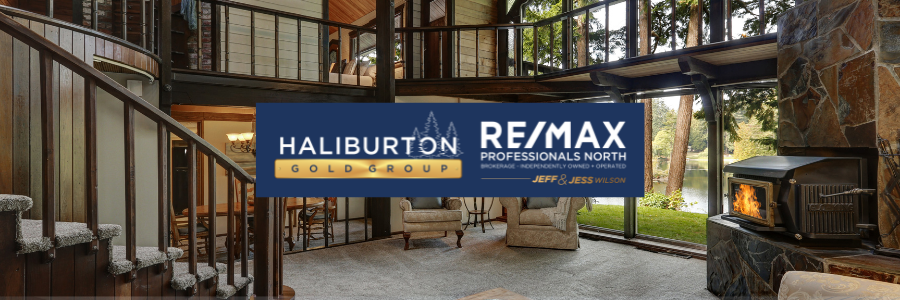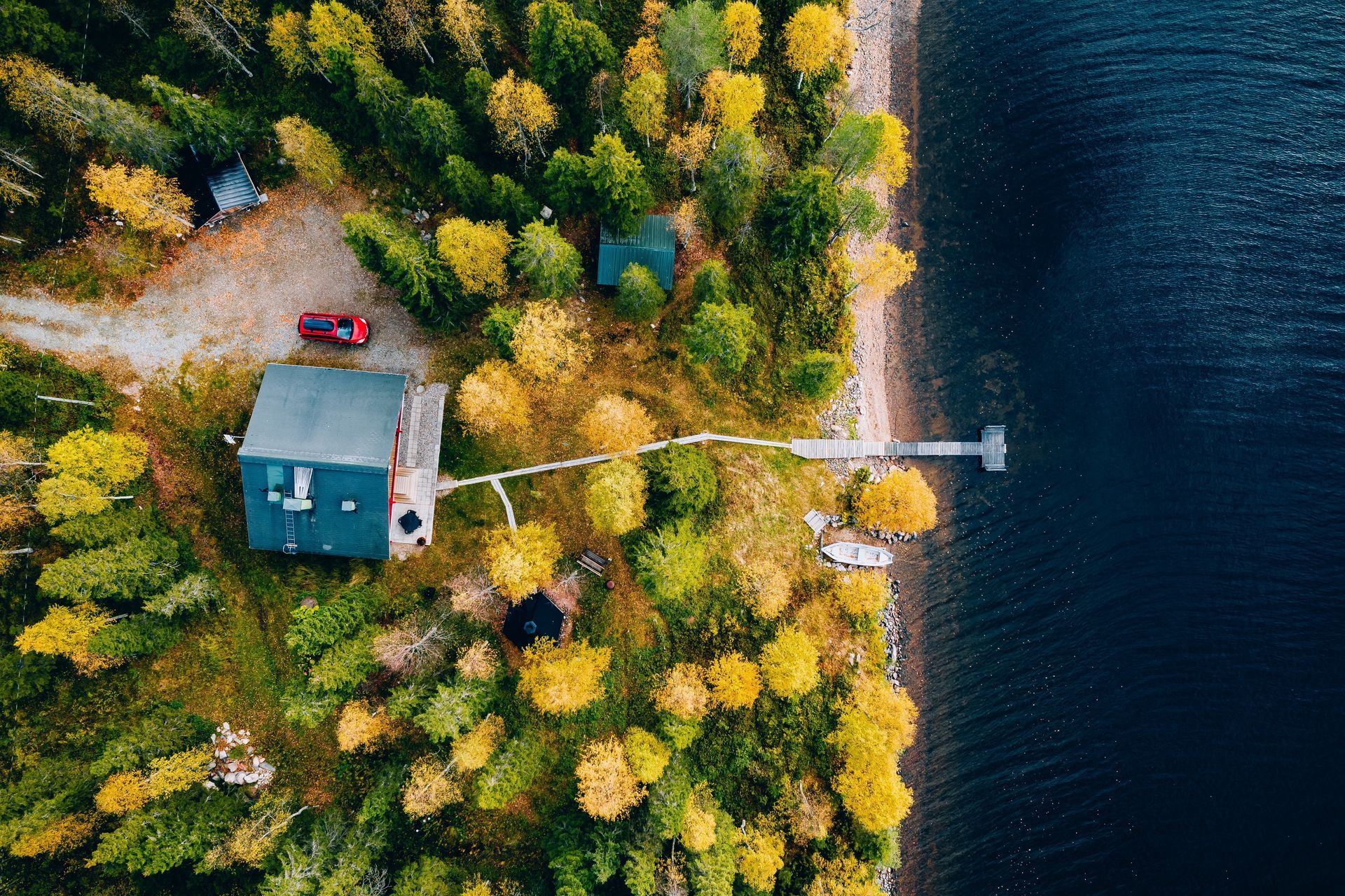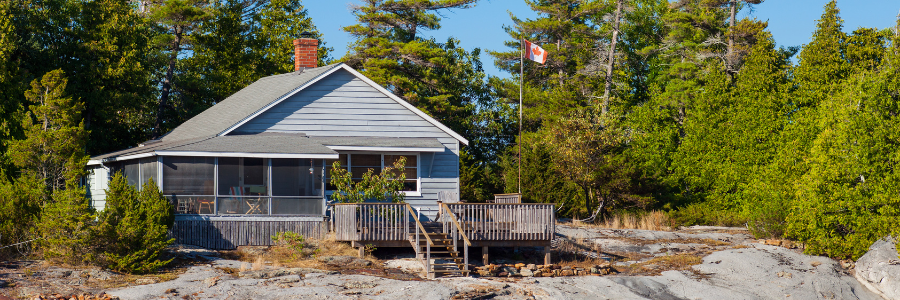Water in your Basement? What to do & Who Pays
The American Society of Home Inspectors estimates 60 percent of U.S. homes have wet basements - So realistically when buying a home you should assume basement water is going to be an issue more often than not.
If it's not already too late for your home, you need to properly plan and prevent water entering your basement before investing in finishes. Determine what your problem is: condensation, runoff, or subsurface seepage.
Runoff - Most often, the water comes from rainfall and melting snow. You'll know its runoff if it happens after a storm or when snow melts.
- Clogged or misdirected eavestroughs are the first place to look if runoff is entering your basement. Make sure your gutters are clear of debris and there is no pooling near the foundation from leaks or downspouts that are too short. Ensure water exits 10 feet away from your house, and ideally direct gutters into a dry well hole, 3 feet deep, lined or filled with gravel that allows runoff to soak into the ground slowly. Plant something on top of this area as a marker so you know where to dig in the event it ever becomes clogged.
- Ensure the ground slopes away from your house at least 1 inch vertically for every 1 foot horizontal. The top of the foundation should be a minimum of 8 inches above the soil. Use fill to fix the grade, not top soil. Plant grass along side your house to absorb excess water but don't plant trees because their roots could damage your foundation or drainage system (fir trees 10 feet away, maples 20 feet away).
Condensation is also a common issue.
- Tape some foil to your foundation wall and if water starts beading on the side facing in to your open basement, the problem is condensation. Install a dehumidifying unit, insulate your water pipes, check for gaps around the sil plate and rim joist and seal those and any foundation cracks. Use an approved mortar or low-shrink sealant.
- Insulate your basement.
- Ventilate adequately.
Groundwater seepage - If the problem occurs all of the time, is bubbling up where the walls meet the floor, and is not tied to rainfall or melt, you're probably dealing with a groundwater problem.
- High clay content areas hold rainwater and melt for months. The soil content around your foundation could be the problem
- Install a sump pump
- Consider perimeter drains inside the foundation footings. They channel water away and direct it to the sump pump but require jackhammering and are expensive.
- Exterior systems require removing your landscaping, excavating to expose the foundation, waterproofing it and laying perimeter footing drains - also a costly option.
- Whichever option you choose make sure it's done right the first time and don't take any chances!
You can install sensors in your home for monitoring water leaks and catching them before too much damage is done. Sensors can send a notification email or text so you are notified immediately.
Now, on to who pays. Unfortunately, the answer is likely you.
Property insurance covers water damage that includes sudden or accidental discharge of water into your home from a water line break or appliance overflow. Also if hail or wind causes a hole in your home through which water enters. This only includes water that hasn't entered your home from the ground or sewer.
You can purchase additional coverage for sewer backup which covers rain or melting snow overwhelming the sewer system and causing it to back up. You can do some research to predict if you are in an area where this has occurred previously and are in need of this coverage.
Overland flooding is any situation where water overflows onto dry land from a body of water, causing damage. There is no coverage available in Canada for this because the percentage of houses at risk for this is so low that companies can't ask the rest of the population to share in the cost and it's too expensive to provide only to the homes that would need it. Apparently options are being explored currently, but they are not near a resolution.
For more information on our trusted local resources to help correct any issues you are experiencing, contact us at 705-457-8487 or admin@haliburtongoldgroup.com
Learn More












